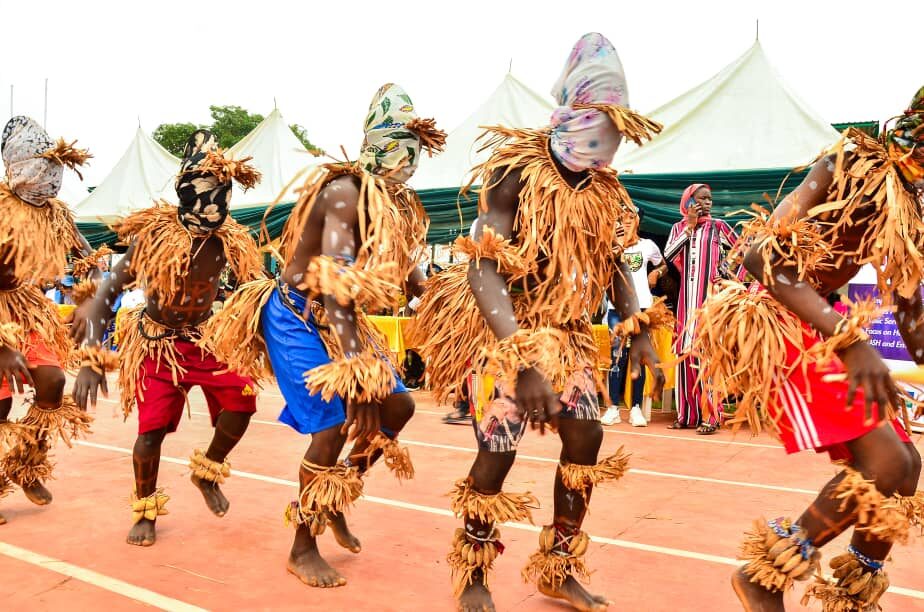As the world marks the International Day of the World’s Indigenous Peoples on August 9, attention must turn to the enduring struggles of Indigenous communities who, despite centuries of resilience, remain among the most marginalized populations globally.
In Nigeria’s Federal Capital Territory (FCT), this reality is all too familiar to the Abuja Original Inhabitants (OIs), the Indigenous Peoples who lived on these lands long before the city became the seat of political power.
Indigenous Peoples are the original custodians of the land, living in harmony with their ancestral territories long before the creation of modern nation-states. They maintain distinct cultural, social, economic, and political systems that differ from those of dominant societies. Far from being mere ethnic minorities, Indigenous Peoples are nations within nations, deeply rooted in their traditions, languages, and spiritual beliefs. They are diverse and resilient, and they demand recognition, respect, and justice for their unique ways of life.
Yet, in the FCT, Nigeria’s capital and symbolic heart of unity, the Indigenous Peoples have experienced profound injustice. Since the establishment of Abuja in 1976, communities were forcefully displaced from their ancestral lands, often without adequate compensation, resettlement or representation in the decision-making processes that affect their lives. Decades later, they continue to face land dispossession, cultural erosion, and systemic exclusion from political and economic opportunities.
It is in this context that the Resource Centre for Human Rights and Civic Education (CHRICED) has emerged as a committed advocate for the political, economic, and cultural rights of the Original Inhabitants. With support from the John D. and Catherine T. MacArthur Foundation, CHRICED has been working to amplify the voices of Indigenous Peoples in the Federal Capital Territory, Abuja, and to promote their inclusion in governance, development, and national discourse.
Through community-based interventions, civic education, and capacity-building programs, and advocacies, CHRICED has empowered Abuja OI-led organizations to articulate their demands, preserve their cultural identity, and participate meaningfully in shaping policies that affect them. These efforts have taken many forms, from traditional town hall meetings and policy dialogues to media engagements, social media campaigns, and public awareness events.
CHRICED also commemorates important dates such as April 4 (FCT Day), July (the United Nations Expert Mechanism on the Rights of Indigenous Peoples, EMRIP), and August 9 (International Day of the World’s Indigenous Peoples) to highlight the historical injustices and ongoing challenges faced by the Indigenous Peoples of Abuja.
These platforms are used not only to reflect but also to mobilize stakeholders, government institutions, civil society, development partners, and the public towards concrete actions that promote justice and inclusion.
Moreover, CHRICED continues to engage national and international actors to advocate for restorative justice, which includes:
- Recognition of identity and citizenship rights
- Return or compensation for lost ancestral lands
- Cultural preservation and education reform
- Political representation and participation
- Improved access to healthcare, education, and livelihoods
This year, during the 18th annual session of the United Nations EMRIP, held from July 14 to 18, 2025, at the Palais des Nations in Geneva, CHRICED, with the support of the John D. and Catherine T. MacArthur Foundation, led a delegation comprising its Executive Director, Comrade Dr. Ibrahim M. Zikirullahi, and representatives of Original Inhabitant groups from Abuja. The delegation delivered compelling presentations on key issues including The Plight of OI Women and Children: A Call for International Solidarity, Justice for the Original Inhabitants of Abuja, Nigeria: A Data-Driven Approach, and The General Plight Faced by the Original Inhabitants.
The plight of the Abuja Original Inhabitants is not just a local or national issue, it is a global one, mirroring the experiences of Indigenous communities around the world. It calls for solidarity, policy reform, and bold leadership to dismantle the structures that sustain exclusion.
As Nigeria continues to evolve, it must not leave behind those whose histories, cultures, and lands gave birth to its capital city. The work of CHRICED stands as a testament to what is possible when advocacy meets commitment, when Indigenous voices are no longer silenced, but empowered to reclaim their rightful place in the society they helped build.
Furera Isiaka
Communication Officer, CHRICED

